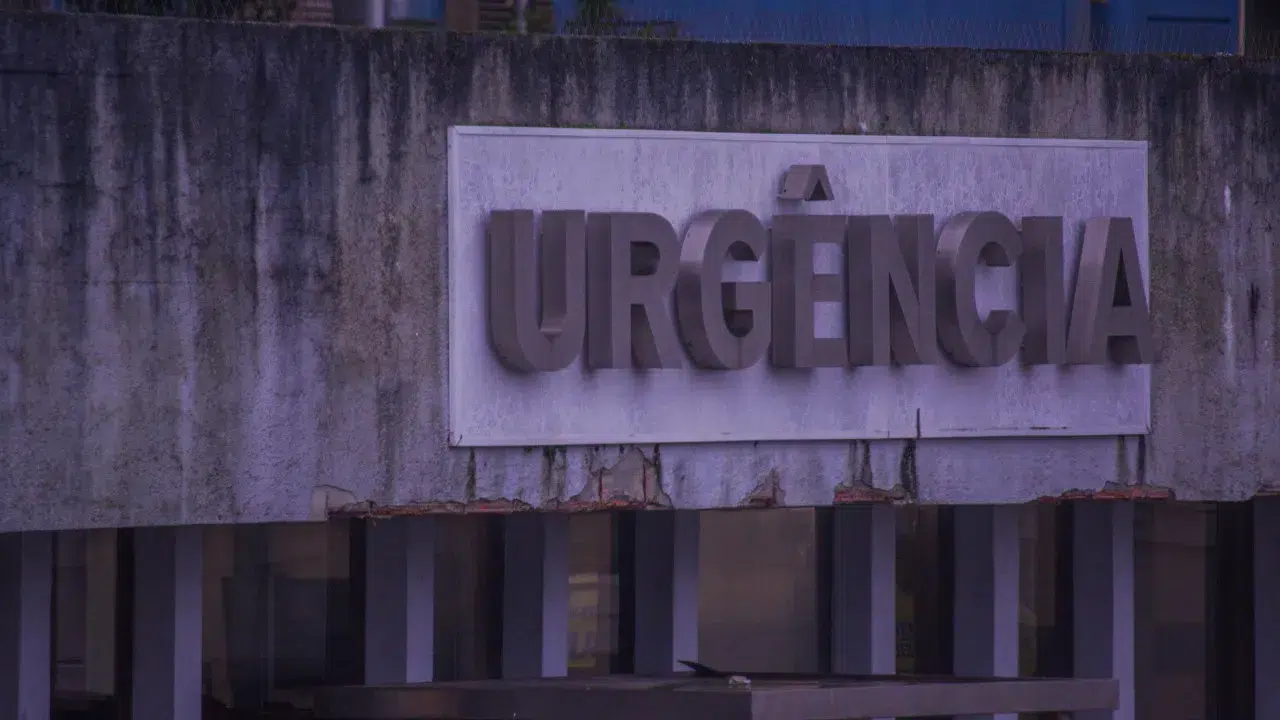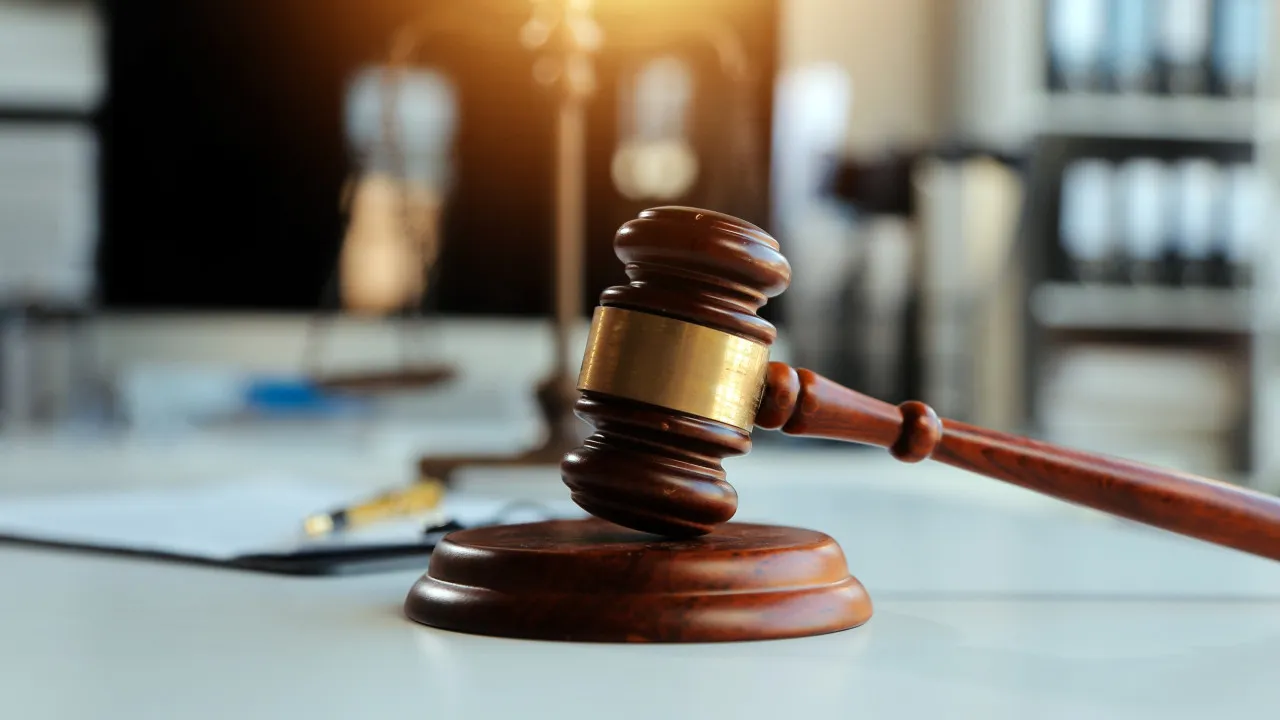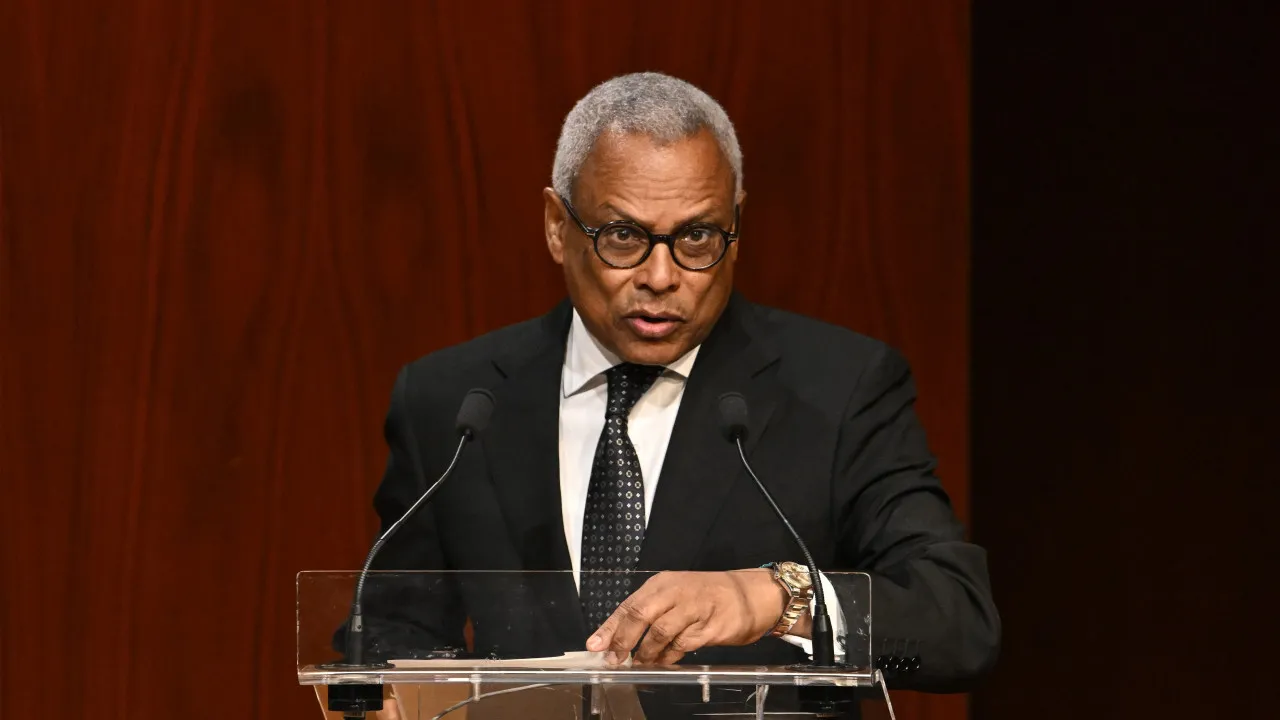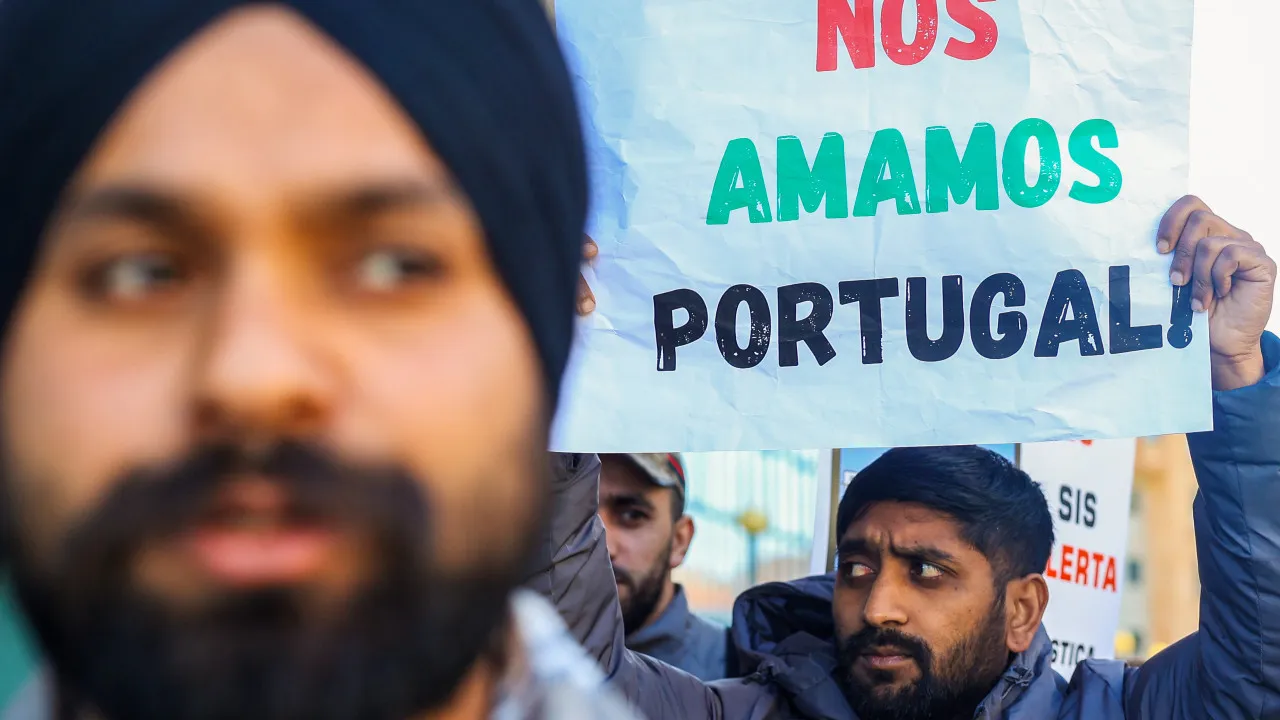“A healthy democracy only thrives with free, independent journalism, with journalists having access to documentation. Therefore, what we will do is raise awareness with the Government and various political parties that limiting journalists’ work and putting barriers to the freedom of information will not gain us anything,” stated the president of the Journalists’ Union, Luís Filipe Simões, in statements to Lusa news agency.
According to the Expresso newspaper, the single declarations of income, assets, interests, incompatibilities, and impediments of the XXIV Government members have been available for less than a month, listed on the electronic platform of the Entity for Transparency (EpT). However, there are limitations, as the consultation, which can be requested by any citizen, now requires a “substantiated request,” as provided by Law No. 52/2019, approved by a large majority in parliament.
For media outlets, indicating that the search is for a journalistic piece is not sufficient, as the EpT is sending requests for clarification to journalists, demanding a broader explanation to understand the purpose of the consultation.
Confronted with this news, the president of the Journalists’ Union said that this “is a very sensitive matter and it is serious that it is presented as an attempt to limit journalistic work.”
In this context, Luís Filipe Simões suggested a clarification of the new law on access to politicians’ asset declarations to understand “if it is an excess of zeal or if it will become a practice,” as well as to verify with journalists if this access has been hindered in any way recently.
“If access has been made difficult over the past few years, I believe that, in that case, journalists must react and say that it is not possible for it to be like this in a democracy that we want to be healthy,” he declared, considering that the way the new law is presented “is clearly conditioning press freedom.”
The journalists’ representative reinforced that “in Portugal, a journalist does not have to justify why they request access to documents that should be public.”
“We are talking about politicians, often holders of public office, and it is good that transparency is above all. Therefore, journalistic work, which is also enshrined in the Constitution, does not require explanations about the reason for accessing administrative documents,” he emphasized, stating that the new law “is almost an interference with editorial policy and a journalist’s freedom.”
Hoping that the new legislation is just a reflection of “excess zeal,” Luís Filipe Simões stressed that limiting journalistic work in this way is not the most correct path, as it represents “going backwards when more transparency is increasingly needed.”
“I would say that it would even be good if access were generalized […]. Journalists have a code of ethics to follow, have a duty to inform, and their work is highly scrutinized. It doesn’t seem to me that there is any reason to put barriers to access to this type of document. The declarations, I believe, should be public, must be public, and journalists’ access cannot be denied, under penalty of promoting an attack on total press freedom, which is, in a society like ours, a primary value that we must preserve,” he emphasized.








